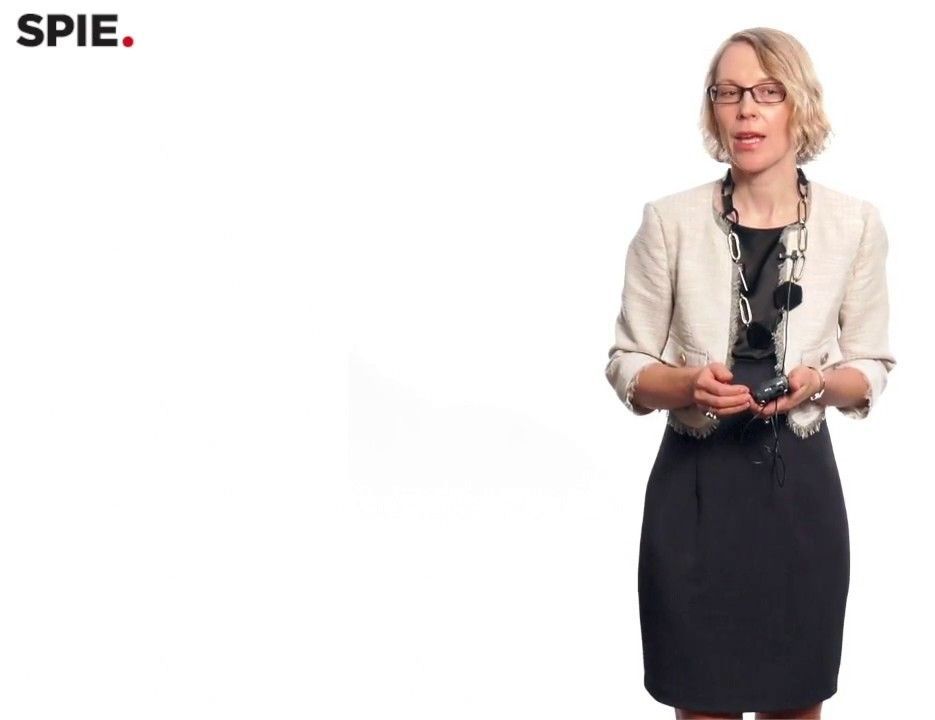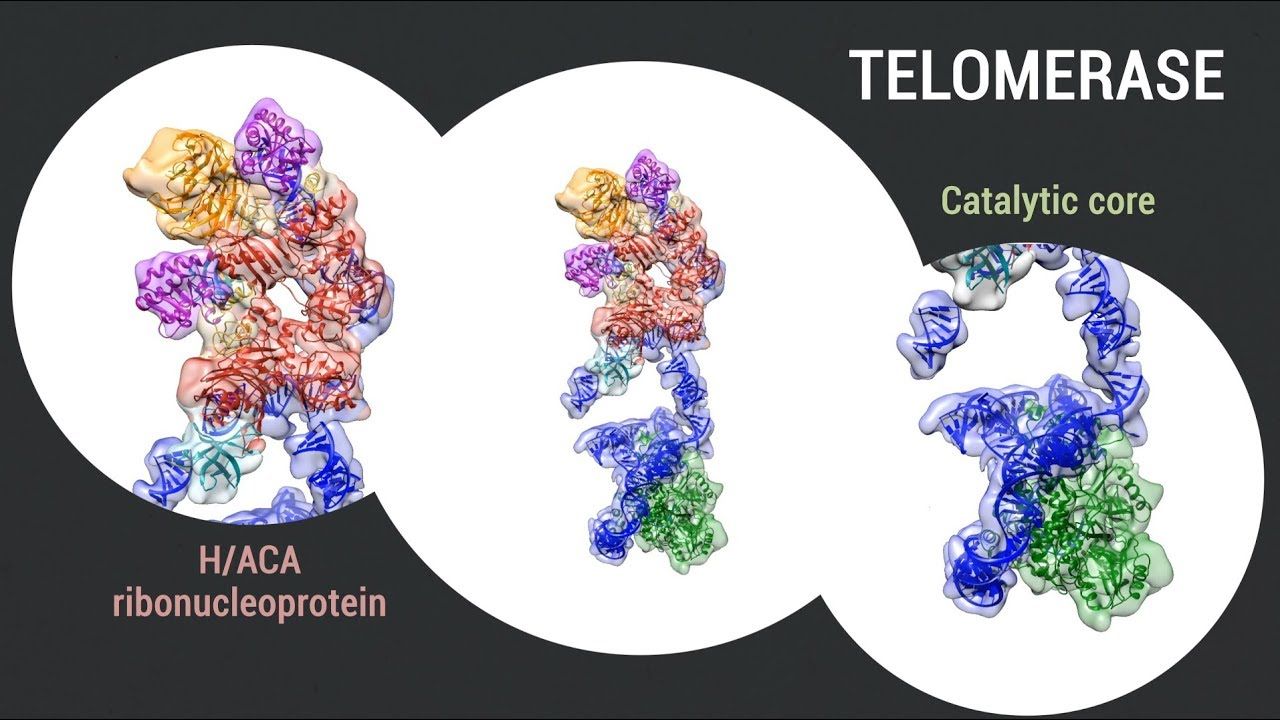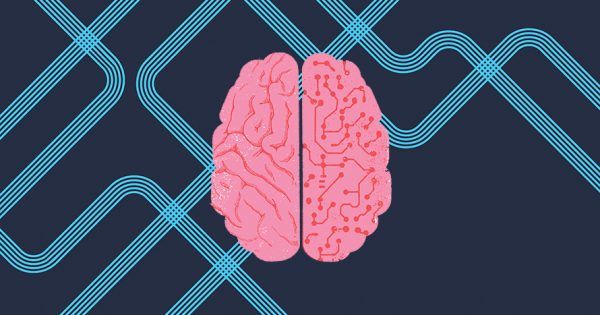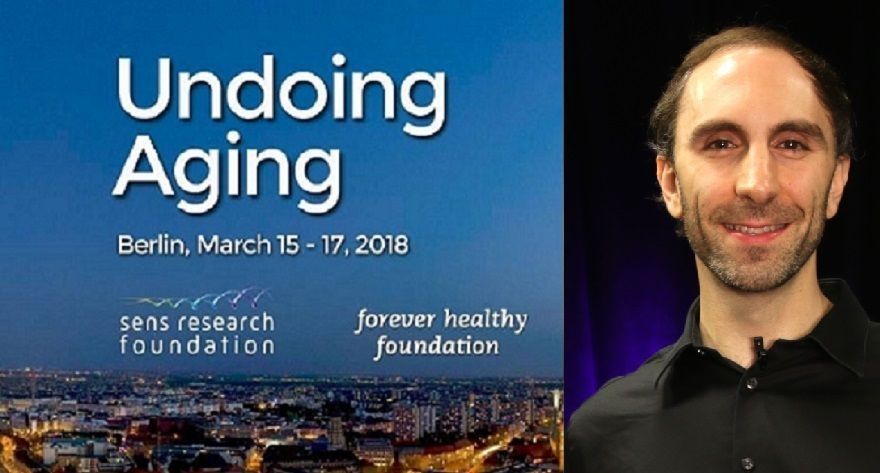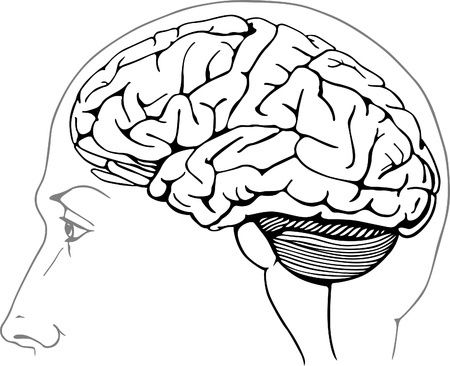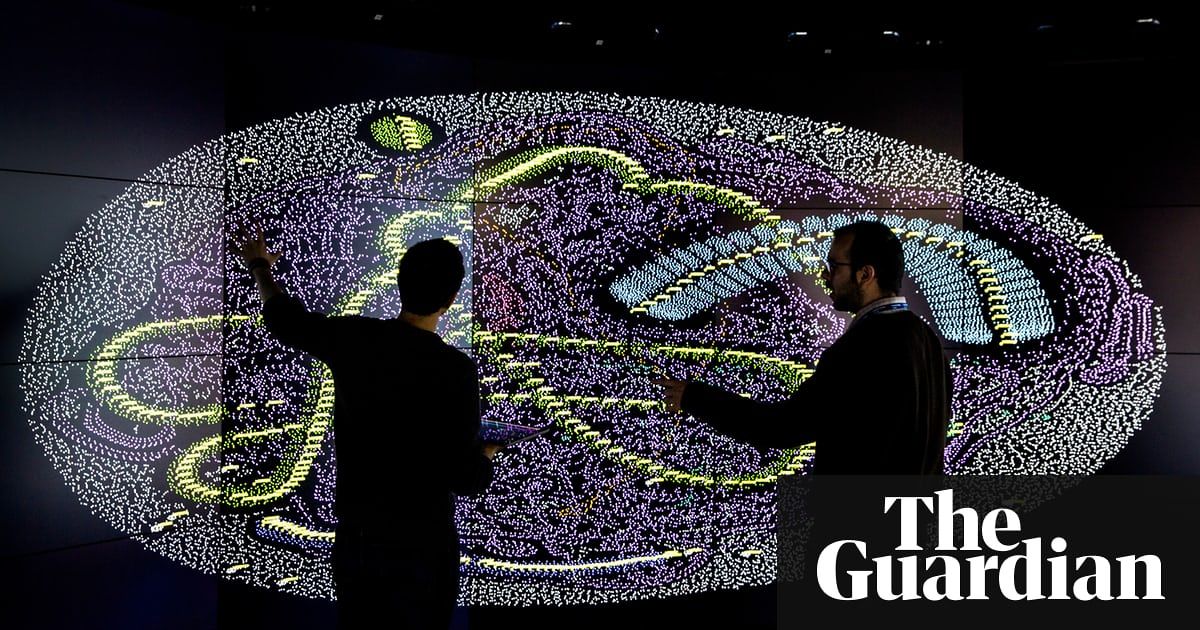Apr 25, 2018
Plasmonic modulator could lead to a new breed of electro-optic computer chips
Posted by Klaus Baldauf in category: computing
News Brief: Researchers have created a miniaturized device that can transform electronic signals into optical signals with low signal loss. They say the electro-optic modulator could make it easier to merge electronic and photonic circuitry on a single chip. The hybrid technology behind the modulator, known as plasmonics, promises to rev up data processing speeds. “As with earlier advances in information technology, this can dramatically impact the way we live,” Larry Dalton, a chemistry professor emeritus at the University of Washington, said in a news release. Dalton is part of the team that reported the advance today in the journal Nature.
